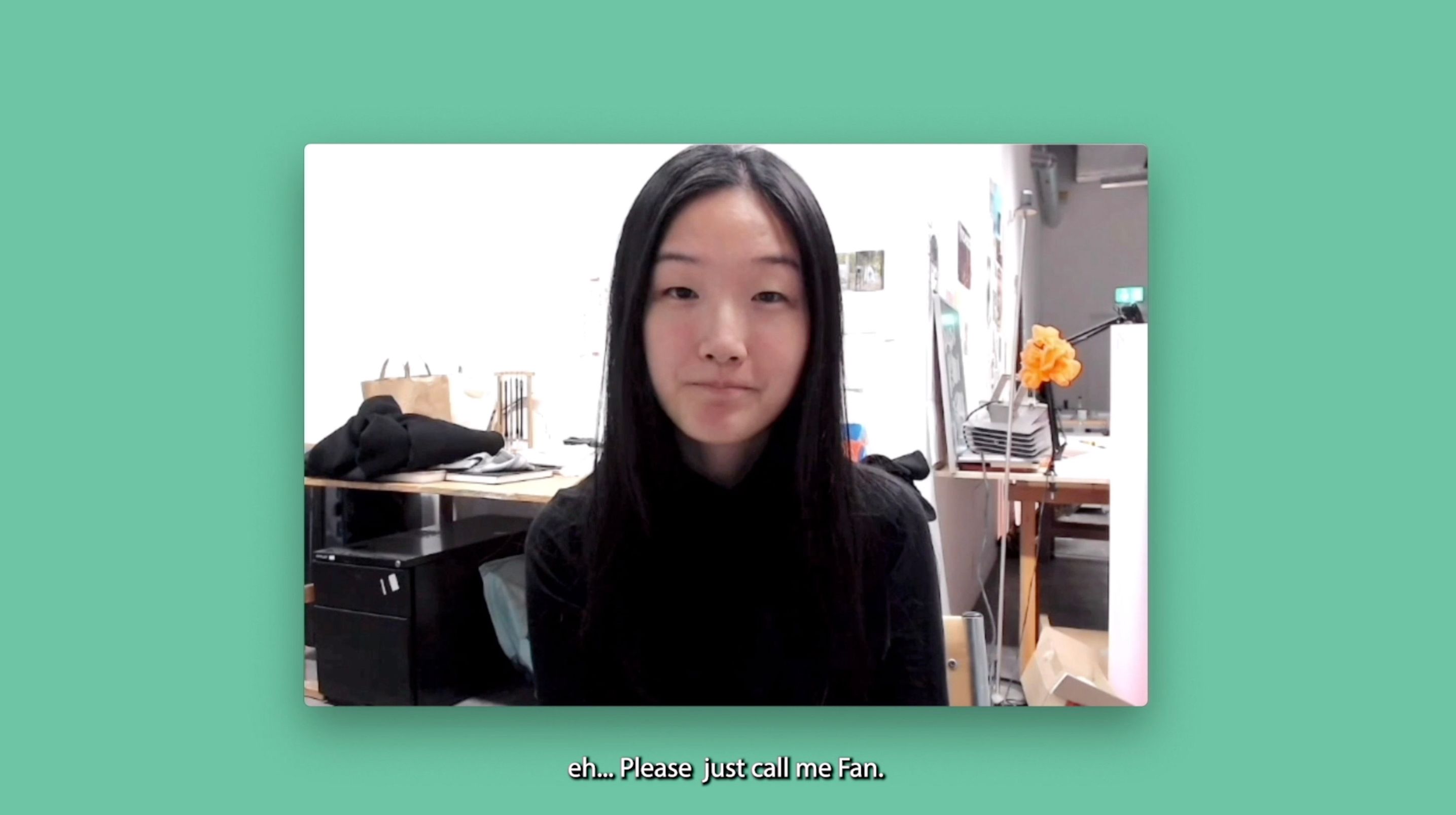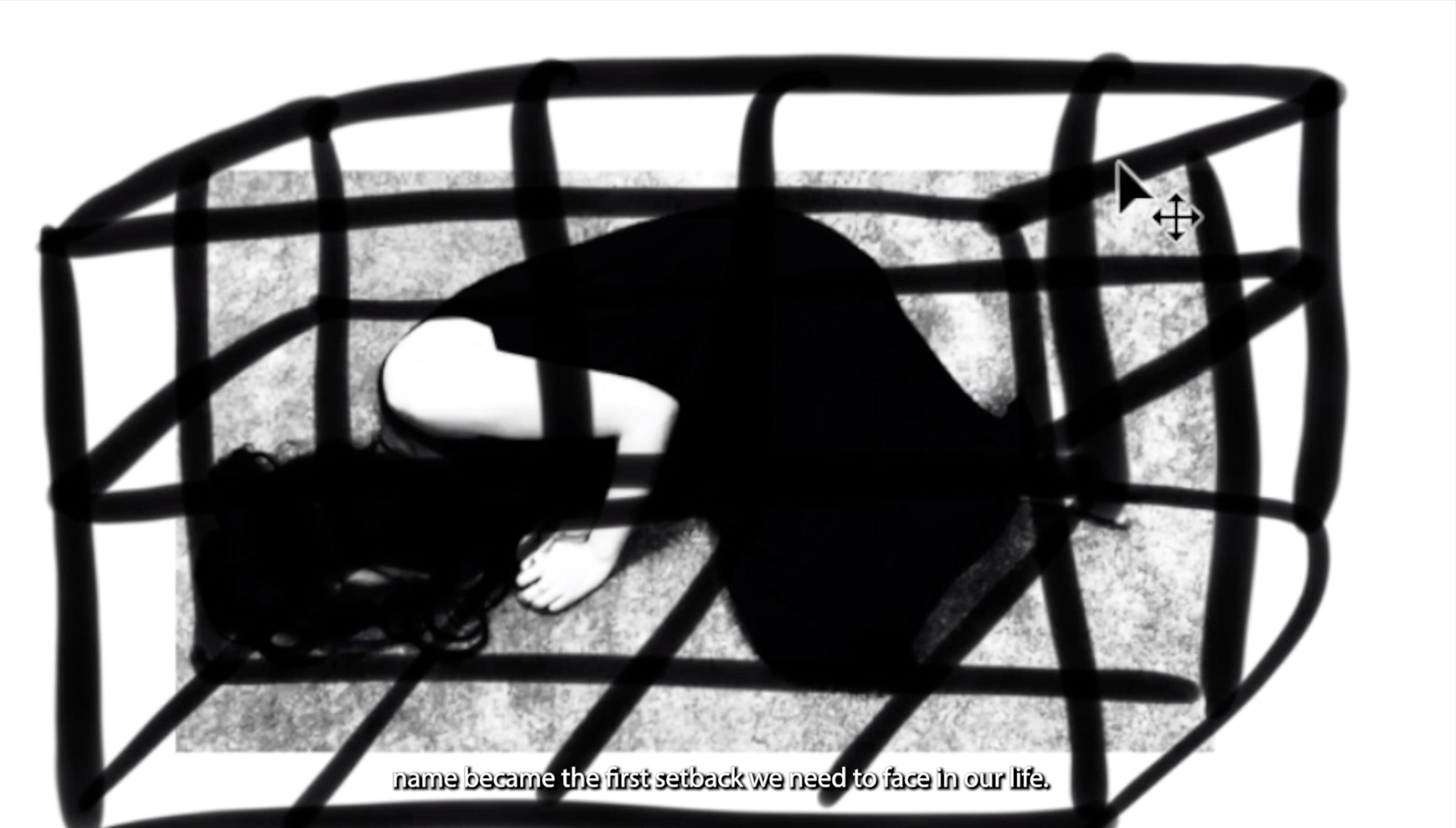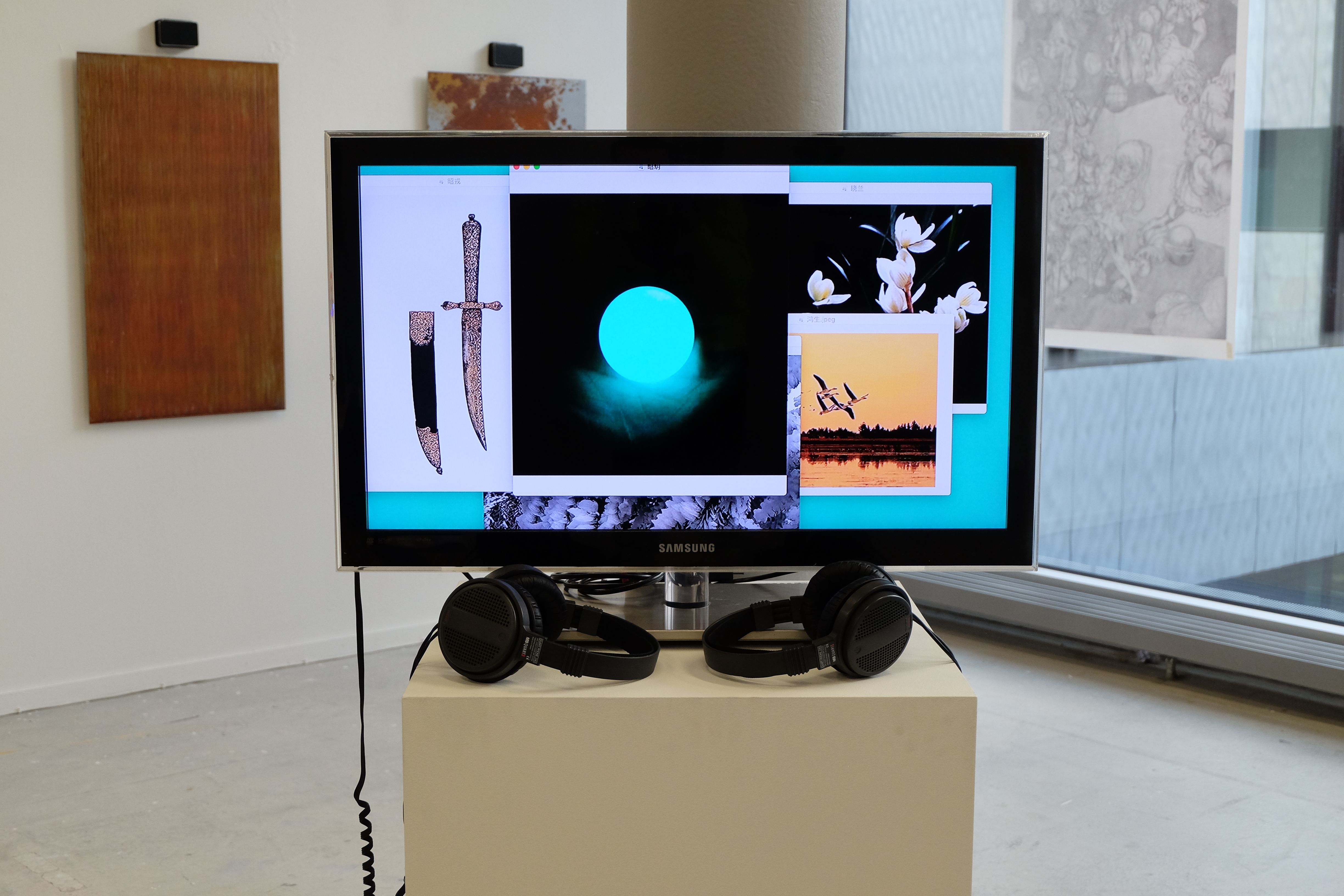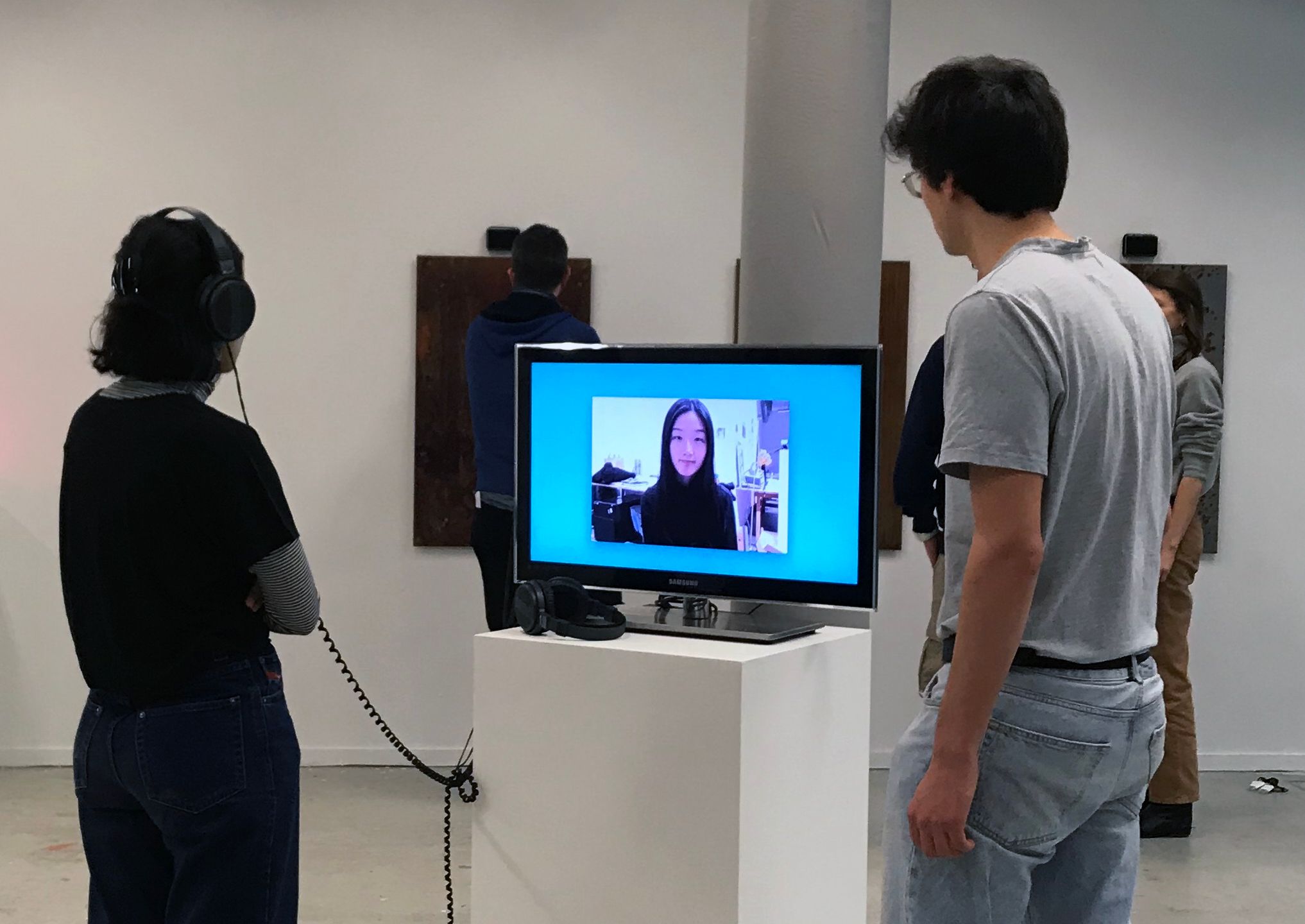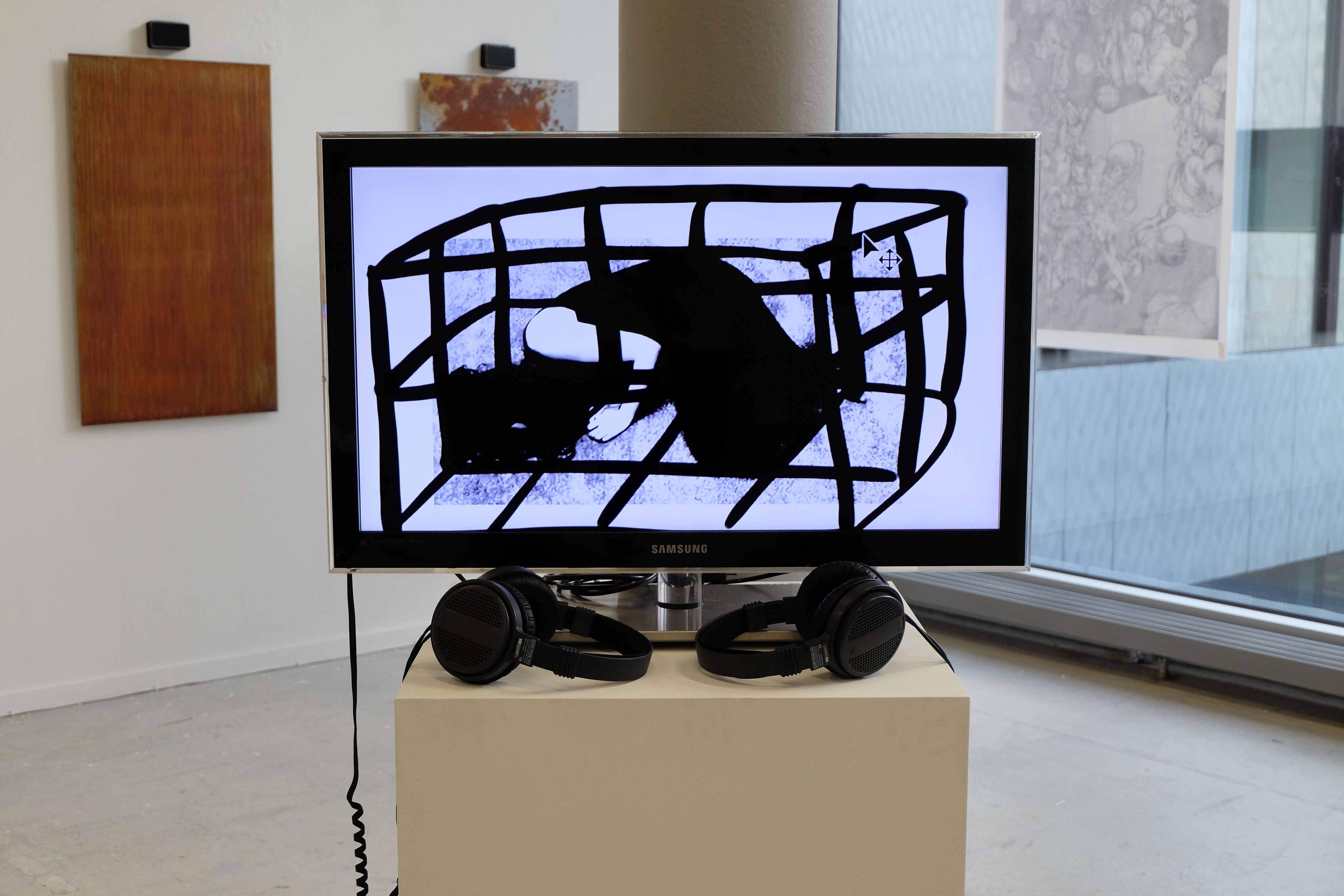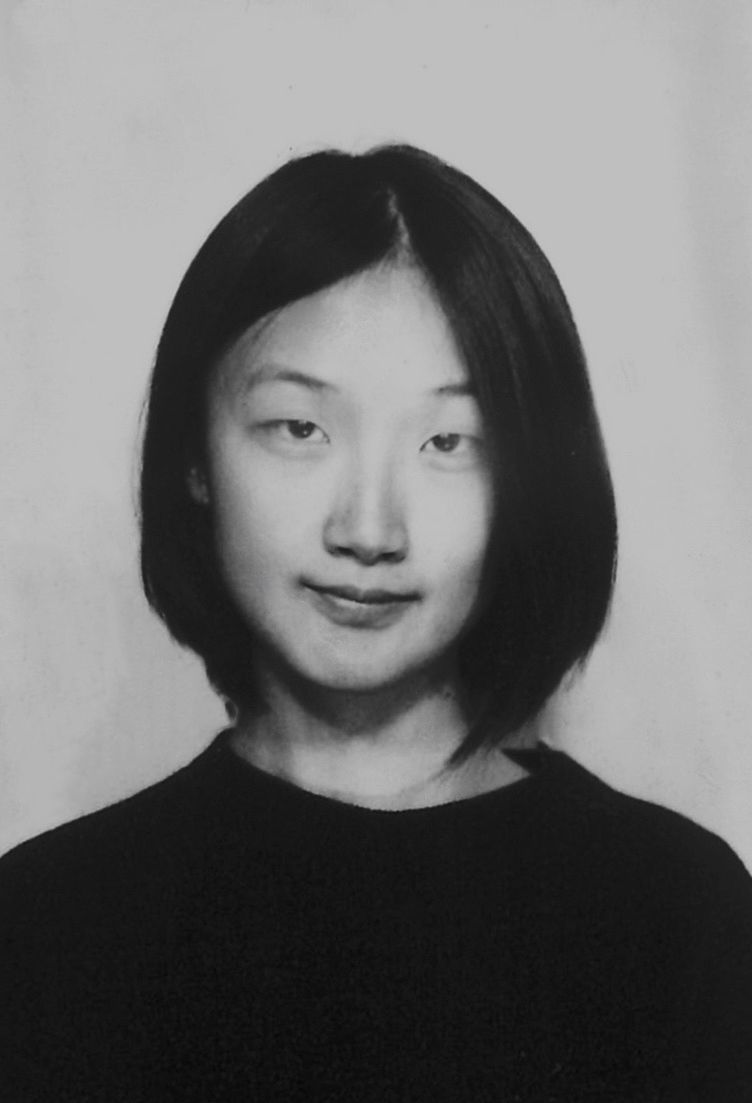
Welcome to Our new portfolio
Cage-Shining-Pearl 籠子 - 閃耀 - 神珠
2020
7’09” digital video (color, sound)
For Chinese, the function of a name is far more than just a code for every specific person. Chinese people usually don’t inherit names from their ancestors, instead, each Chinese name, consisting of 2-3 Chinese characters (each has its own meaning like a word), is always a new invention, a combination and reorganization of images, stories or symbols. Parents normally tend to convey hopes and good wishes for the child in their name — this has been developed into a special divination methodology over the centuries, which is still an important subject nowadays in the society, claiming that name contains the invisible fate of that person, and by changing name, one’s destiny could be promoted and improved.
When Chinese names are converted into roman alphabets (romanization), however, only the pronunciation of the names are noted, while the specific meaning of the characters is lost. In addition to that, although the standard romanization system of Chinese (pinyin system) is based on roman alphabets, the sound values assigned to the alphabets in this system are sometimes quite different from the sound values of alphabets in English or other languages in western countries, which makes many Chinese names quite hard to pronounce, thus weird and unfamiliar to the most non-Chinese speakers.
Cage-Shining-Pearl tells the story of a fictional Chinese girl’s name in the first person, in which the writing, pronouncing, as well as meaning, rules of Chinese names are briefly explained.
Cage-Shining-Pearl